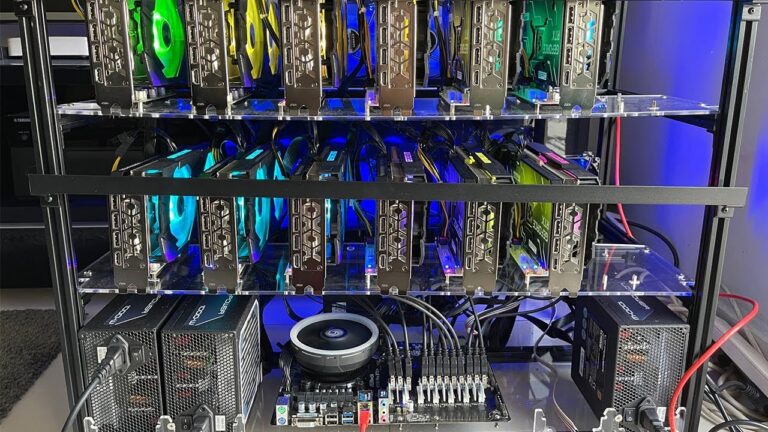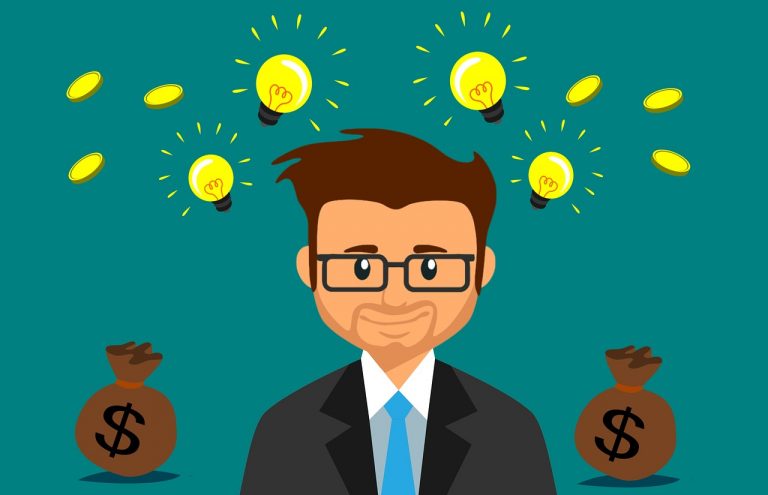Buying a home is a huge purchase for most of us and only few people can afford to purchase it with cash. For the other prospective home owners getting a mortgage is the only way to buy their house.
In order to qualify for such a loan, you’ll need to pay a percentage of the total price, ideally a bigger one.
Here are the main reasons to try saving for a BIGGER down payment:
You don’t need to pay a mortgage insurance
If your down payment is smaller than 20%, the bank will try protect themselves in case you default on your mortgage, so you’ll be required to pay a PMI (Private Mortgage Insurance).
This has absolutely no benefit for you (it’s not like a life insurance for instance) and would cost you 0.5% – 1% of your home value.
It means you’re losing thousands of dollars each year, until you reach a 20% level equity and are no longer required to pay the mortgage insurance.
RELATED ARTICLE:
How to Save Money for the Down Payment on a House
A smaller mortgage
If you can put down at least 20% of the house price not only you’ll save money because you don’t have to pay that expensive mortgage insurance, but you’re saving even more: you’ll get a smaller mortgage (if you are looking at a $250,000 house, you’ll need to borrow only $200,000).
A smaller mortgage means smaller monthly payments.
While you might sneeze at an additional 200 bucks/month for instance, once you are already making payments, trying to provide for your family and even go through various financial emergencies, as they appear from time to time, you’ll come to appreciate any dollar you could have saved with your mortgage payments.
Sometimes, even few tens of bucks can make the difference between defaulting on your mortgage or being able to make your payments.
Lower interest rates on your mortgage
A bigger down payment will save you thousands, even tens of thousands of dollars during your mortgage, just because banks will give you a better deal.
Lenders love a borrower who has already invested a bigger chunk of the house price, since it means the borrower has more incentive to pay off the mortgage, since there’s a lot of money at stake.
Even if you foreclose, they can easily sell the house for more than the loan amount, making the entire deal less risky for the lender.
When you have saved for a bigger down payment, lenders will be more likely to give you a better deal to get your business.
If there are multiple offers, you stand a better chance to get the house
When other prospective buyers want to purchase the same house, it’s not only the price that matters for the seller.
Someone who is smart enough can appreciate a potential buyer who has save a bigger chunk of the price, since it means he’ll get a better chance of actually getting the loan.
If the buyer cannot get the loan, then the entire deal falls through.
You get equity instantly
The moment you have saved at least 20% of the down payment and get the loan, you already have equity in your home.
This safeguards you, if the market turns downward for a while, something that we’ve already witnessed happen in the recent years.
It builds discipline
Most personal finance specialists fail to mention this aspect and I consider it’s a very important one: being used to saving money for a bigger down payment (which usually means saving money for at least 2-3 years), allows you to get used to the monthly ‘payments’ and having to become very responsible with your finances.
For many people who have to pay a mortgage, being disciplined for 15-20 or even more years is a huge lifestyle change. The more used to this you are BEFORE getting in debt for such a long time, the easier it will be to pay off your debt and finally become financially independent.
Are there any other advantages of a bigger down payment?




